by Nathaniel R
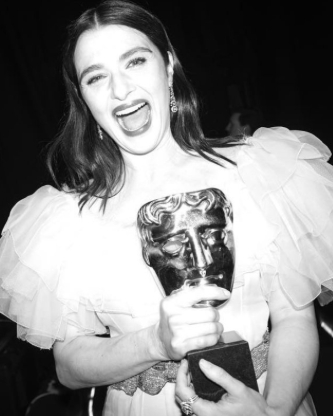 Rachel with her BAFTAWhen we sat down with Rachel Weisz to discuss The Favourite, she was as intimidating as the Lady Sarah Marlborough. Not, we think, on purpose. Sometimes an actor so slays a role that, if you've never met them before and have a tendency to live for the movies, it's like looking straight into the character's eyes. Weisz, cool and measured, impeccably dressed, offered tea. Remembering Lady Sarah's own downfall, I chose water.
Rachel with her BAFTAWhen we sat down with Rachel Weisz to discuss The Favourite, she was as intimidating as the Lady Sarah Marlborough. Not, we think, on purpose. Sometimes an actor so slays a role that, if you've never met them before and have a tendency to live for the movies, it's like looking straight into the character's eyes. Weisz, cool and measured, impeccably dressed, offered tea. Remembering Lady Sarah's own downfall, I chose water.
We'd both seen The Favourite just once at the time but were eager for round two. "I'm so glad you liked it," she cooed, if somewhat cooly. All business, and why not, ready for questions but not any question. Taking the hint I steered clear of the past though I couldn't resist a brief question about one early role (The Shape of Things), since it had been a rare chance and my first to ever see an actor do a role on stage and then watch them repeat it on film. She found it, "a bit hard, that particular one" citing the need for freshness and spontanity in filmmaking and "...we'd said the words so many times before." But we were there to discuss The Favourite, and spontaneity and freshness are in no short supply in that electric movie. She even shared how they managed to get them.
She hadn't yet been nominated when we spoke but the honors would soon, quite obviously, pile up including a BAFTA win for Best Supporting Actress and the Oscar nomination. Our interview, edited for length, follows:
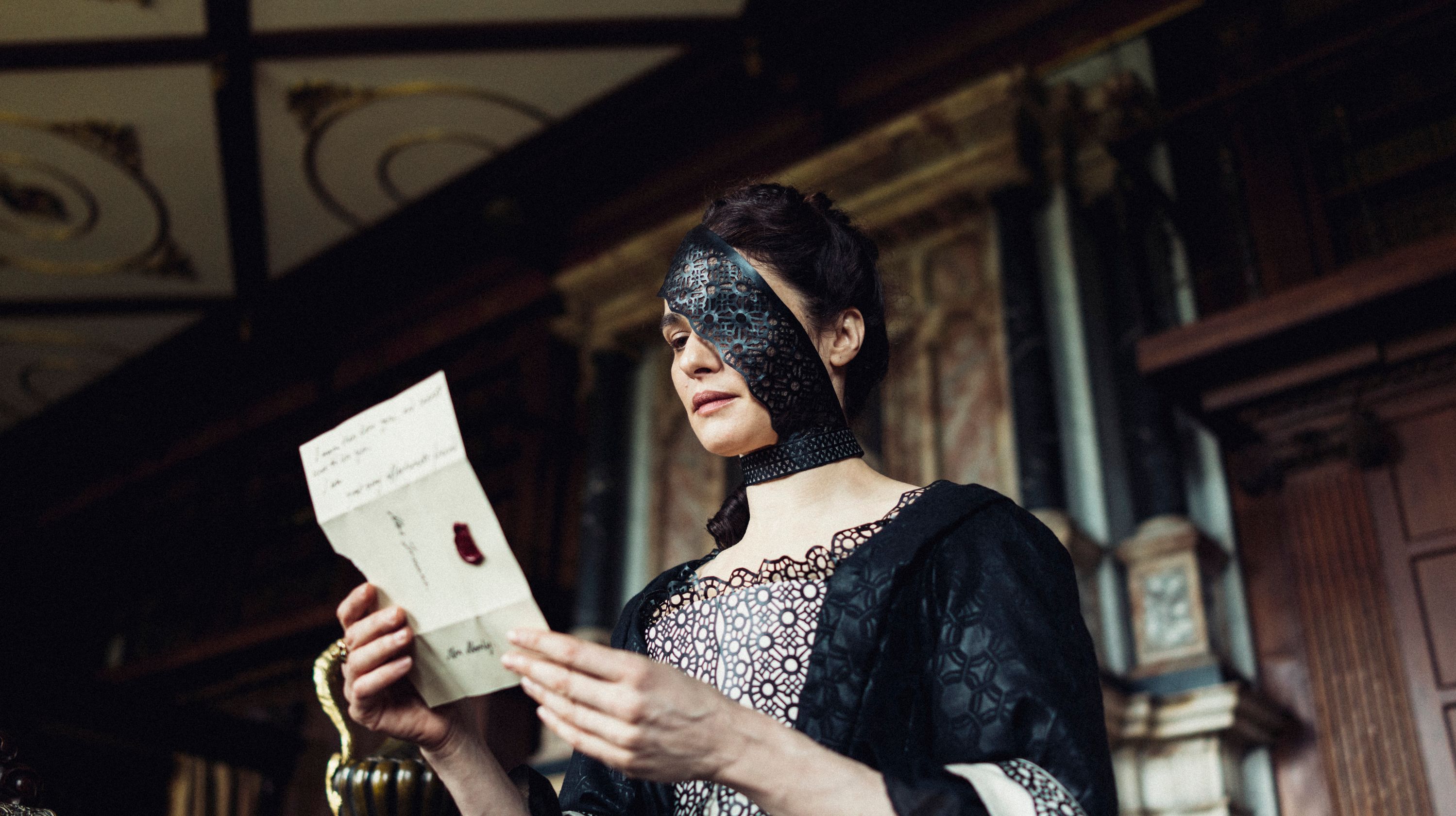
NATHANIEL R: You've had such a strong handful of years now: The Deep Blue Sea, The Lobster, Disobedience, The Favourite. But you won an Oscar 14 years back or so and I wonder if at that point, before these recent peaks, you thought 'well, what now?'
RACHEL WEISZ: I mean, it’s a thing [The Oscar] that you never think will happen to you. I don’t really feel like I can rest on my laurels and it’s all over now. I just don’t feel like that. There’s so much to explore. Hopefully I get better at my job. I think the more work you do… well, for me, the more I've done, the more I’ve figured out what kind of work I want to do...
When did you know that The Favourite would be a such a success?
I mean, it’s impossible to know as an actor what a movie’s going to end up being like, but I knew it was one of the best scripts I’d ever read, not just been in, but read. I’ve read a lot of scripts, and Yorgos is pretty unparalleled as a director, so I had high hopes that it would turn out well. But, as an actor, you can’t really tell. You’re too small of a cog in the wheel.
So what surprised you when you finally saw the picture?
[Exhales] You know, just the sheer force of his imagination. I had read the script multiple times, but what he imagined and put on the screen is just so bold and so complex and textured and absurd and funny, and the shifts in tone from political thriller to love story to absurdist ridiculous comedic romp to you know, sex games to power play...
It's a lot!
I mean, it’s just so rich and so full and so elegant and absurd. He’s really very talented.
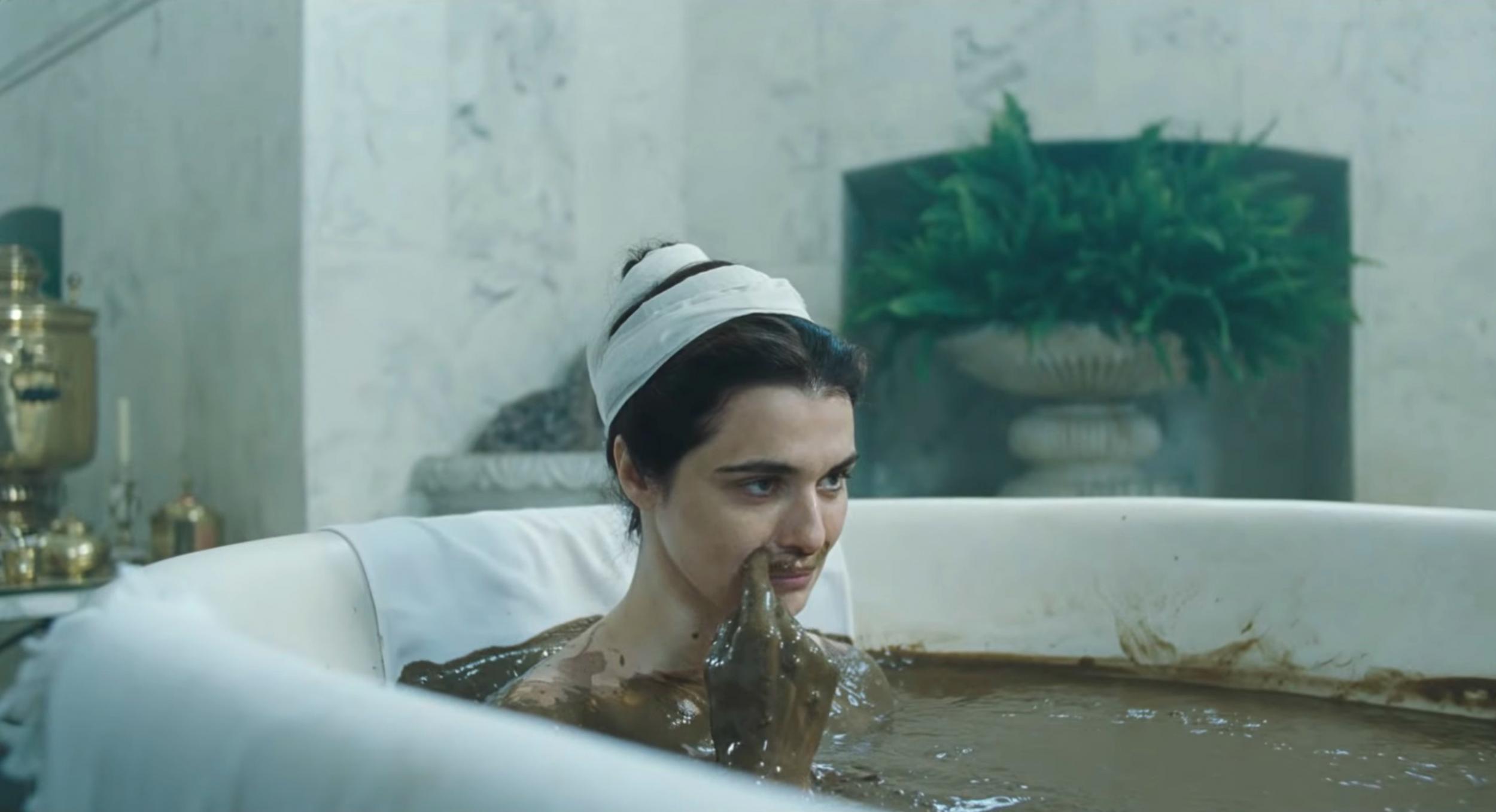
This material is very, as you said, textured. There’s a lot going on in every scene, so that type of work, do you get more rehearsal for that? How do you prep for something this intricate?
Well, we did a three-week rehearsal period where we learned to shoot guns and ride horses and do costume fittings. But also Nicholas Hoult, the Queen, Abigail, Joe Alwyn, James [Smith] who plays Godolphin -- we were all in a room for three weeks doing ridiculous physical comedy games while saying the text of the lines. We were saying each other lines and making human pretzels and being told to play a game where you had to put your hand on the butt cheek of that person and touch your nose and whistle and then say the lines.
Crazy.
It took the edge off trying 'the declamatory way' in which you could do a kind of 'Period English Costume Drama,' which many of them are like. They’re quite stodgy, and it’s very easy to fall into that, particularly for me as a Brit -- very very easy to fall into that. But he led us away from that.
So that's how you prep for something so unique and textured.
I mean, you can’t. You can’t really prep for it. I didn't even know that’s what it was going to be. You don’t really know what’s happened on a Yorgos film. You just … it happens. It’s completely unconscious. He doesn’t discuss psychology, motivation, anything, zero discussion. Nothing.
That surprises me actually,because something like The Lobster, one of the things that's so rich about that movie is that everyone was in sync and the tone was so precise, but how would you know exactly that tone, unless he was describing it?
Describing tone is the last way, because everyone would have something different in mind. That’s the thing about language. If I say red, you’re going to see a different red to me, so you can’t really describe a tone to a person and get everyone in the same tone. Words would be very misleading. He gets you on a wavelength through non-verbal things. I don’t know how he does it. You have to ask him. You do it again and again and again and again ‘til it hits something, and then you move on.
So what was your favourite scene to shoot in this?
Uh… [whispering the question to herself “favorite scene to shoot”]
Or barring a favourite, something that felt eventful…
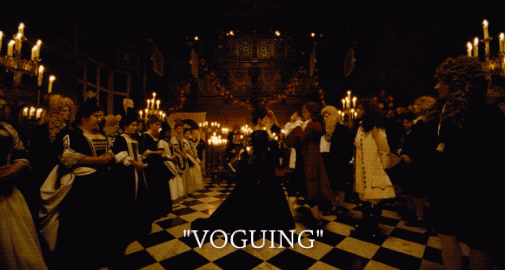
The dance scene was very memorable for me, because there was a lot of rehearsal, and it was quite high stakes. I had to dance in front of a whole room full of people and look like I knew what I was doing. The dance scene was a lot of fun to learn and rehearse and do.
So many beats in The Favourite, are interior - the characters have so much going on which they're hiding from each other in the gamesmanship. Are you ever thinking about how to let the racing brain or shifting emotions show on the outside or are you trusting the camera, because it can pick up miniscule things?
It’s best if you don’t think anything at all. So you might do a take and think, “Is that a bit big?” which I guess is what you were saying. You have to trust that it’s real. You have to make it real and then… you can’t try to do anything, because as soon as you try to do something, you’re screwed.
That’s interesting because with material like that, the tiniest details make the movie essentially.
I think Yorgos is really sensitive to the tiniest thing, moreso than most directors.
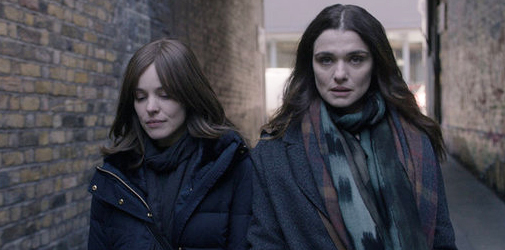
You shot Disobedience right before this. How would you compare Sebastian Lelio and Yorgos as directors?
Sebastian will discuss things a lot. They couldn’t be more different. They’re from different continents, different cultures... I couldn't compare them at all. They're from different planets, it’s fair to say!
Disobedience was another really rich film. Between your two pictures this past year it seems you're at the peak of your creative powers right now.
I haven’t got to the peak yet! I’m climbing the mountain, I’m climbing…
